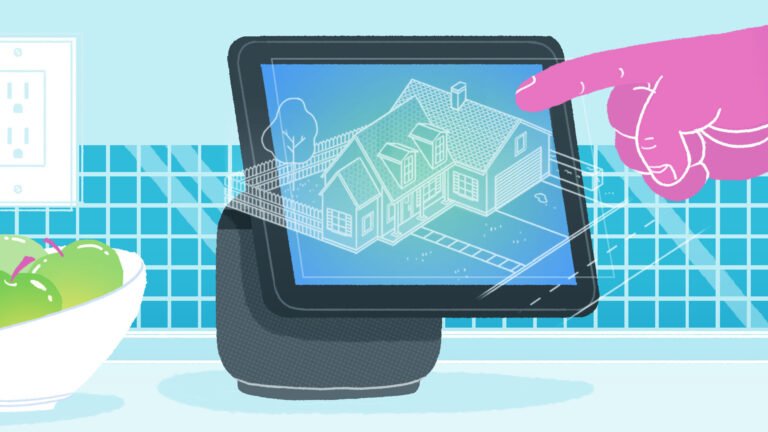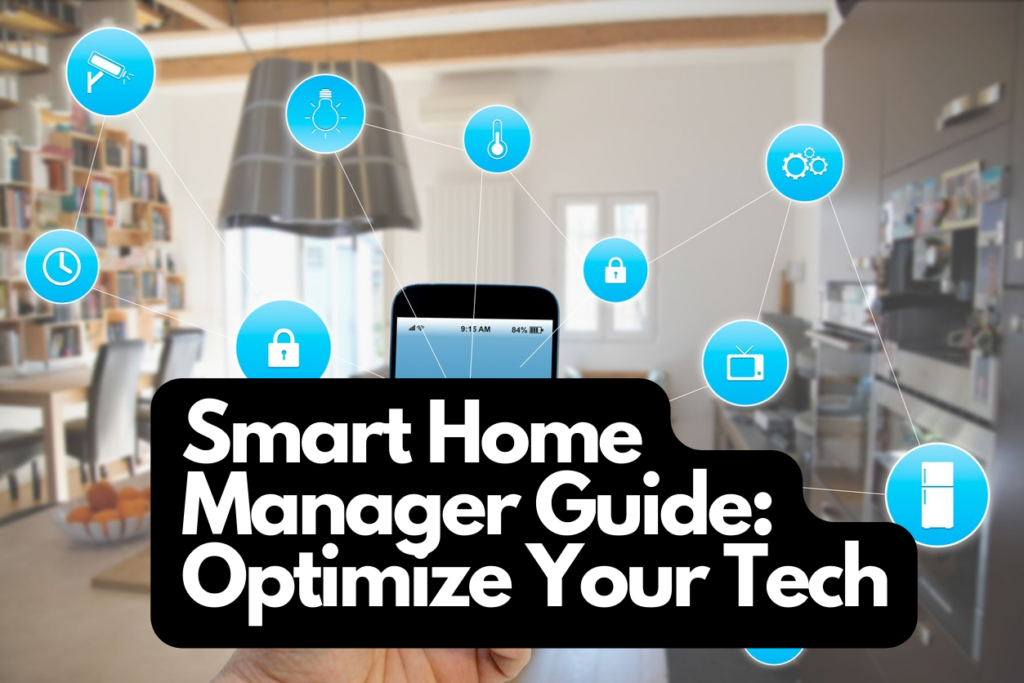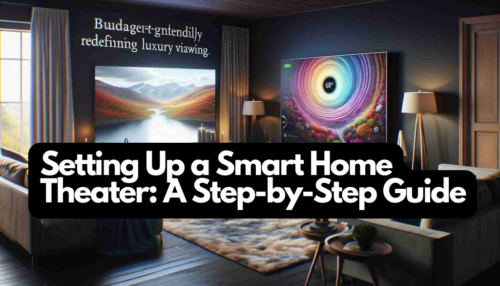Smart homes represent the pinnacle of modern living, a seamless blend of technology and comfort. They transform traditional households into interactive hubs, capable of responding to our needs and simplifying day-to-day tasks. The concept of a smart home is not just about technological advancement but also about enhancing the quality of life through automation and connectivity.
Defining the Smart Home Concept
The essence of a smart home lies in its ability to interconnect various devices and systems, allowing them to communicate and function in harmony. This interconnectivity is achieved through advanced technology, which enables homeowners to control and monitor their home environment remotely or automatically.
The Evolution of Home Automation
Home automation has come a long way, evolving from basic remote-controlled devices to sophisticated systems integrated with artificial intelligence. The journey reflects our advancing technological capabilities and the growing desire for a more efficient, secure, and comfortable living space.

Core Components of a Smart Home
Understanding the building blocks of a smart home is key to grasping its full potential. These components work together to create an ecosystem that’s both intelligent and intuitive.
Smart Devices and Connectivity
At the heart of every smart home are the smart devices. Ranging from smart thermostats to intelligent lighting systems, these devices are the primary actors in the smart home theater. Connectivity, primarily through Wi-Fi, Bluetooth, or Zigbee, is what binds these devices, allowing for seamless communication and control.
Central Control Systems
A central control system, often in the form of a smart hub or a smartphone app, acts as the brain of the smart home. It integrates various devices, providing a single point of control and monitoring for the homeowner. This integration simplifies the management of the home environment, making it more user-friendly and efficient.
Benefits of a Smart Home
Smart homes offer a multitude of advantages, making them an increasingly popular choice among homeowners.
Convenience and Comfort
The convenience offered by smart homes is unparalleled. Imagine adjusting your home’s temperature, lighting, and entertainment systems with a simple voice command or a tap on your smartphone. This level of control and automation elevates the living experience, providing comfort and ease.
Energy Efficiency and Savings
One of the most significant benefits of a smart home is its ability to conserve energy. Smart thermostats, energy-efficient lighting, and automated systems ensure that energy consumption is optimized, leading to significant savings on utility bills.

Technologies Powering Smart Homes
To truly appreciate the capabilities of a smart home, one must understand the technologies that drive it.
IoT (Internet of Things) Explained
The Internet of Things (IoT) is the backbone of smart home technology. It refers to the network of interconnected devices that can collect, exchange, and act on data. This interconnectedness allows for greater control and automation, making homes smarter and more responsive.
Role of AI and Machine Learning
Artificial Intelligence (AI) and Machine Learning play a critical role in advancing smart home capabilities. They enable homes to learn from user behaviors, adapt to preferences, and even anticipate needs, leading to a more personalized and intelligent living environment.

Ring Alarm 14-Piece Kit - home security system with 30-day free Ring Protect Pro subscription
$330 
Setting Up a Smart Home
Setting up a smart home might seem daunting, but with the right approach, it can be a smooth and rewarding process.
Planning and Design Considerations
Before diving into the world of smart homes, it’s important to plan and design your system. This involves understanding your needs, selecting the right devices, and considering how they will integrate with your existing home infrastructure.
Installation and Integration Process
The installation and integration of smart home devices require careful consideration. It’s important to ensure compatibility among devices and to set them up in a way that maximizes their functionality and benefits.

Conclusion and Future Outlook
In conclusion, the concept of a smart home represents a significant leap in how we interact with our living spaces.
Summarizing the Smart Home Concept
Smart homes, with their advanced technologies and automated systems, offer a glimpse into the future of living, blending comfort, security, and efficiency in unprecedented ways.
The Road Ahead for Smart Homes
The road ahead for smart homes is paved with innovation, increased accessibility, and further integration into our daily lives, making them an integral part of the future of living.
Frequently Asked Questions
- What are the basic requirements for setting up a smart home?
- How do smart homes contribute to energy efficiency?
- Can smart home technology improve home security?
- Are smart homes accessible and user-friendly for seniors or individuals with disabilities?
- What are the ongoing maintenance requirements for a smart home?
- How does a smart home impact the value of a property?

Lutron Caseta Deluxe Smart Dimmer Switch (2 Count) Kit with Caseta Smart Hub | Works with Alexa, Apple Home, Ring, Google Assistant
$150 - $180 
Conclusion
Smart homes represent the convergence of technology and daily life, offering an enhanced, efficient, and secure living experience. As technology continues to evolve, so will the capabilities and accessibility of smart homes, making them an increasingly integral part of our future.


